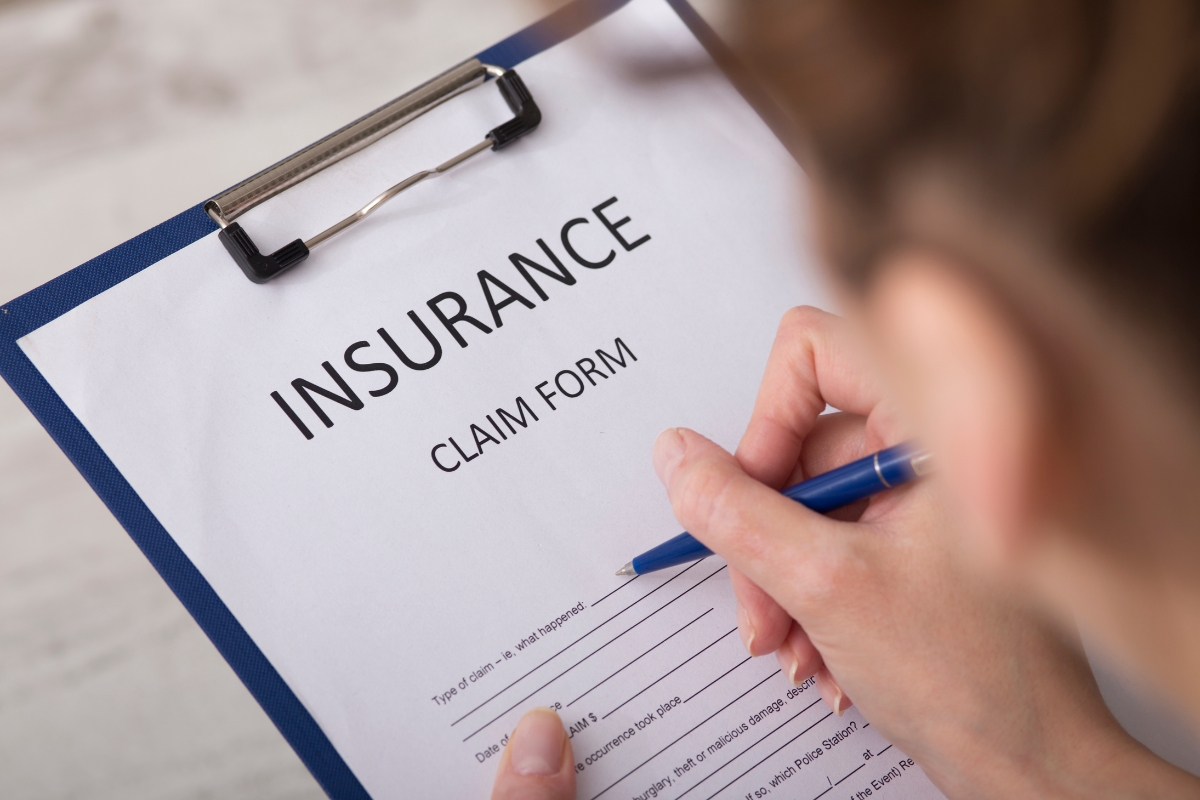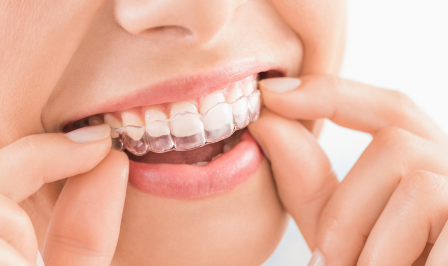
Life can throw unexpected dental issues your way, often when you least expect them. Whether it’s a sudden toothache or an injury, these situations may require immediate attention. Knowing when to seek emergency dental care is crucial to prevent further damage and complications. The importance of emergency dental services cannot be emphasized enough—quick action can often save your tooth and stop pain in its tracks.
In this blog, we’ll explore nine common reasons why you might need to visit an emergency dentist.
1. Severe Tooth Pain
When Does Tooth Pain Become an Emergency?
Toothaches are a common issue, but they aren’t all created equal. Minor discomfort may pass on its own, but if you’re dealing with severe, persistent pain that over-the-counter pain relievers can’t control, it’s time to see an emergency dentist. Sharp, throbbing pain can be a sign of an underlying problem like tooth decay, an abscess, or even nerve damage.
Ignoring severe pain can allow the condition to worsen, possibly leading to more invasive treatments down the line, such as a root canal or extraction. Getting timely treatment can alleviate the pain and address the cause of the problem.
2. Broken or Chipped Tooth
Accidents Happen, but Quick Action Is Key
Accidents can occur in an instant, leaving you with a broken or chipped tooth. Whether from a fall, a sports injury, or biting down on something hard, these incidents can leave your teeth vulnerable. Small chips may not cause immediate pain, but larger fractures can expose the inner layers of the tooth, leading to discomfort, infection, or increased sensitivity.
An emergency dentist can restore your broken tooth and ensure that no further damage occurs. In many cases, quick action can save the tooth and avoid the need for more complicated procedures later.
3. Knocked-Out Tooth
Timing Is Everything
If you’ve ever had a tooth knocked out, you know how alarming it can be. The good news is that if you act fast, there’s a chance the tooth can be reinserted and saved. Time is critical—getting to a dentist within 30 minutes to an hour increases the likelihood of successful reattachment.
Keep the tooth moist, either by placing it back in its socket or storing it in milk. Call an emergency dentist immediately for instructions on how to preserve the tooth until you arrive at the clinic.
4. Abscess or Infection
The Serious Nature of Dental Infections
Dental abscesses are infections that develop at the root of a tooth or between the tooth and gums. They can cause severe pain, swelling, fever, and a bad taste in your mouth. Left untreated, the infection can spread to other parts of the body, including your jaw and even your bloodstream, turning a simple tooth issue into a serious health risk.
In this situation, the importance of emergency dental services becomes clear—addressing an abscess immediately can stop the infection from spreading and eliminate the risk of more severe health issues. Don’t wait if you suspect you have an infection; seek treatment immediately.
5. Excessive Bleeding from Gums
When Bleeding Gums Aren’t Normal?
Seeing a little bit of blood when you brush or floss might seem harmless, but if your gums are bleeding excessively or persistently, it could be a sign of a bigger problem like gum disease or injury. In some cases, gum bleeding can result from trauma or a condition that requires immediate attention.
If your gums are bleeding more than usual and you can’t stop it with standard oral hygiene practices, don’t delay—schedule an emergency dental visit.
6. Lost Dental Filling or Crown
Vulnerability Without Protection
Losing a filling or crown might not sound like an emergency, but it leaves your tooth exposed to damage, sensitivity, and even infection. Fillings and crowns act as a barrier to protect vulnerable teeth. When they fall out, the exposed area can quickly become susceptible to decay or injury.
An emergency dentist can quickly replace the lost filling or crown, preventing further damage and the need for more extensive treatments in the future.
7. Swollen Jaw or Face
Swelling Could Be a Sign of Infection
Facial or jaw swelling can be a symptom of various dental issues, ranging from an infection to an impacted tooth or a jaw injury. Swelling is often accompanied by pain and can make chewing, speaking, and even breathing difficult. In some cases, swelling may indicate a dental abscess, which requires immediate attention.
If you experience sudden or severe swelling in your jaw or face, it’s important to visit an emergency dentist to get to the root of the problem and begin treatment.
8. Cracked Tooth
Why You Shouldn’t Ignore Cracks?
A cracked tooth might seem like a minor issue, but even small cracks can lead to big problems. Cracks allow bacteria to enter the inner layers of the tooth, potentially leading to infection, decay, and more pain down the road. The pain may not be immediate, but the consequences of leaving a cracked tooth untreated can be severe.
An emergency dentist can assess the damage and treat the crack before it worsens, often preventing the need for more invasive treatments like extractions or root canals.
9. Something Stuck Between Teeth
Avoid DIY Fixes
While it might not seem like an emergency at first, having something stuck between your teeth can cause irritation, swelling, and even infection if left too long. Using sharp objects to dislodge it on your own can lead to injury or damage to your gums and teeth.
An emergency dentist has the tools and expertise to safely remove the object without causing harm. If you’ve tried flossing and can’t remove the item, seek professional help.
The Importance of Emergency Dental Services
When faced with any of these dental issues, time is of the essence. Delaying treatment can lead to permanent damage or further complications. The importance of emergency dental services lies in their ability to address urgent problems quickly, preventing additional pain and long-term consequences. Knowing when to seek emergency dental care can protect your oral health and avoid costly treatments in the future.
In any of these cases, don’t wait for the issue to get worse. Emergency dental care can make all the difference in saving your tooth and restoring your health.
Frequently Asked Questions
What qualifies as a dental emergency?
A dental emergency includes any issue causing severe pain, bleeding, or damage to teeth, gums, or surrounding tissues. This can include knocked-out teeth, abscesses, and sudden, intense toothaches. Any condition that requires immediate attention to prevent lasting damage or infection qualifies as an emergency.
Is a broken tooth always considered an emergency?
A broken tooth becomes an emergency if it causes significant pain, exposes nerves, or risks further damage. Minor chips can sometimes wait, but large breaks that affect the structure of the tooth require immediate attention to avoid infection or loss of the tooth.
What should I do if I lose a filling or crown?
If you lose a filling or crown, avoid chewing on the affected tooth and call an emergency dentist. Leaving the area unprotected can expose the tooth to decay or injury, so it’s best to get it repaired quickly to avoid further complications.








